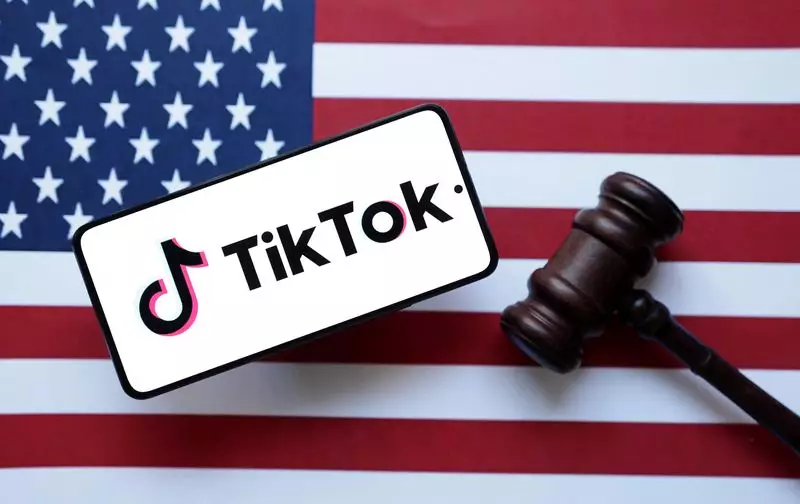As TikTok faces potential restrictions in the United States, the looming deadline of January 19 has sparked significant concern among its vast user base, advertisers, and employees. A recent decision by the U.S. Supreme Court indicates that the app, owned by the Chinese multinational ByteDance, might have to either sell its operations in the U.S. or face a complete ban. This scenario has raised questions about the implications for various stakeholders involved, especially as lawmakers cite national security threats due to foreign ownership. As the landscape shifts, it is crucial to examine the potential consequences and reactions from key players in this evolving narrative.
With around 170 million active users in the U.S., TikTok represents a significant social media platform that many individuals rely on for entertainment and creative expression. If the app is no longer available for download or updates, current users who have the app installed on their devices could still access it, but this is hardly a sustainable situation. Experts predict that without regular updates, the app could quickly deteriorate in functionality, rendering it unusable over time.
Moreover, users are already exploring alternative means to circumvent a potential ban. For instance, several TikTok users have begun promoting the use of virtual private networks (VPNs) to bypass regional restrictions, demonstrating resilience among the community. Nonetheless, the uncertainty around TikTok’s future has led to increased anxiety for content creators and small business owners who leverage the platform for marketing and outreach. The fear of losing a vital business tool is palpable, as seen in the case of Nadya Okamoto, a notable entrepreneur who attributes her business’s growth to the app.
The potential ramifications of the Supreme Court ruling extend well beyond users to TikTok’s workforce. With 7,000 employees based in the U.S. feeling the tremors of uncertainty, many are grappling with the likelihood of layoffs. This anxiety is compounded by the company’s ongoing recruitment efforts, which have left prospective candidates and current employees alike feeling confused and insecure about their job prospects.
The conflicting signals within the company create a confusing environment for employees—while some are getting hired, others fear the impending changes. On platforms like Blind, employees are sharing their thoughts and experiences, seeking guidance on how to navigate this tumultuous period. The fear of job displacement reflects the broader concerns about personal futures tied intricately to the viability of TikTok in a post-January 19 landscape.
TikTok’s advertising revenue is projected to reach $12.3 billion in 2024, a figure that indicates the platform’s growing significance in the digital marketing ecosystem. Advertisers are particularly anxious about how a ban or severe restriction of the app might impact their marketing strategies. Many brands have cultivated strong connections with TikTok’s engaged user base, and while some may pivot quickly to alternative platforms, the unique appeal of TikTok, especially with features like TikTok Shop, makes that transition challenging.
Despite impending restrictions, many advertisers are still inclined to invest in TikTok. Some, like Craig Atkinson of digital marketing agency Code3, are actively pursuing contracts that include TikTok Shop campaigns, indicating a desire to capitalize on the platform’s unique potential. However, a wait-and-see approach will likely define the strategies employed post-January 19, as advertisers will be forced to reevaluate operations based on user engagement.
Billionaire businessman Frank McCourt’s ambition to acquire TikTok adds another layer of complexity to the ongoing saga. His reported readiness to secure $20 billion in financial commitments for a potential acquisition reflects a belief in the app’s enduring value. His discussions with forthcoming administration figures signal a readiness to contend with regulatory challenges should they arise.
However, it remains unclear whether ByteDance is willing to entertain a sale, as TikTok’s leadership has consistently stated that it cannot be divested from the parent company. The situation is nuanced, with market conditions and regulatory feedback potentially influencing whether a sale is on the horizon.
The fate of TikTok and its stakeholders hangs delicately in the balance as a critical deadline approaches. Users, employees, advertisers, and even potential buyers are closely monitoring developments and strategizing responses to a dilemma rooted in political and social concerns. The ongoing discussions and potential outcomes will paint a clearer picture of TikTok’s future and its role in the digital landscape post-January 19.

